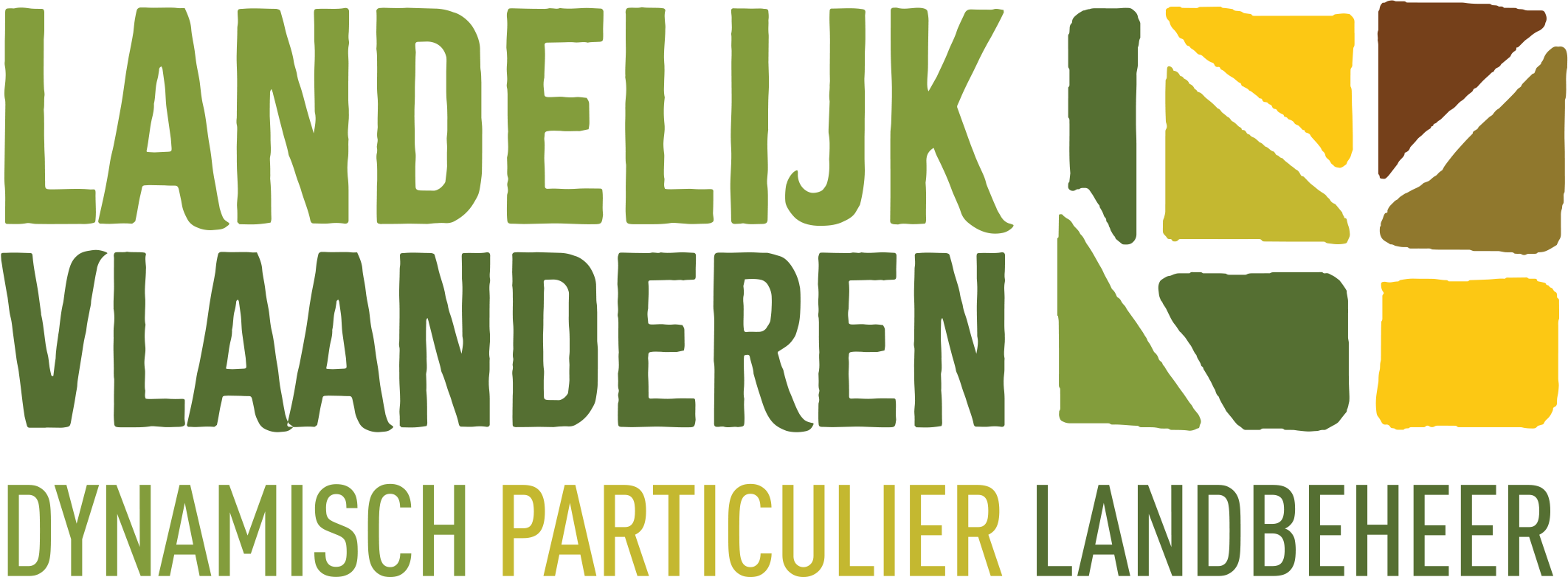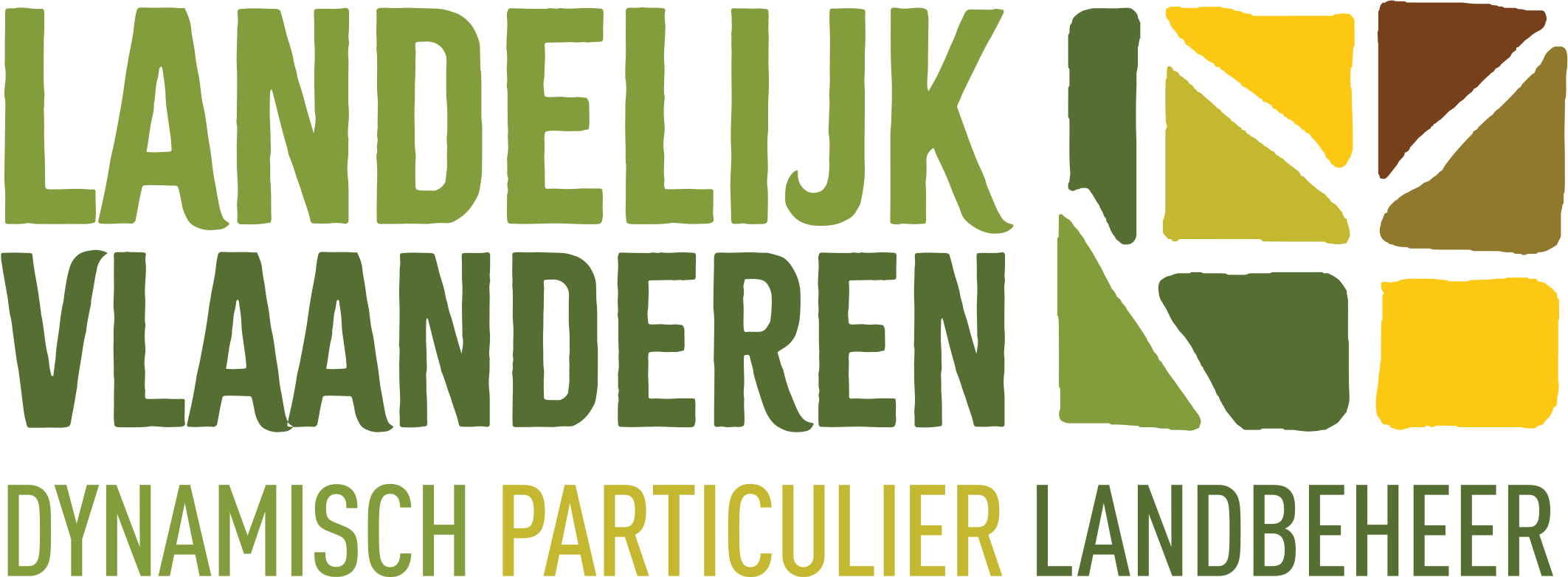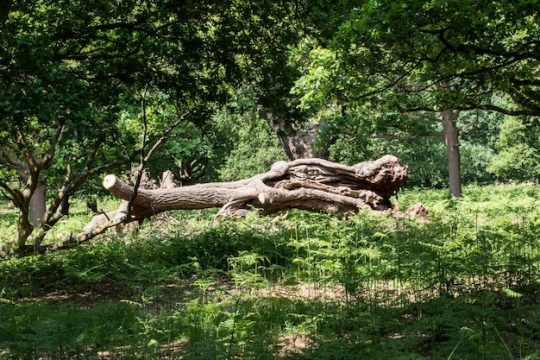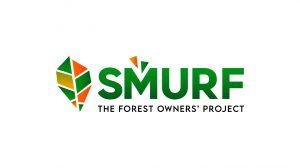By Alexia Bekaert, based on a research conducted by KU Leuven scientists as part of the Climate Trees Project
Flemish forests are facing new challenges. Droughts, storms, diseases, and declining vitality are putting traditional species under pressure. For private forest owners, this raises an important question: Which trees will help forests stay strong and healthy in a changing climate?
Landelijk Vlaanderen supports its members in tackling these challenges with climate-smart forest management. Our goal is to help forest owners maintain biodiversity, timber production, carbon storage, and recreational value. All while adapting to rapidly changing conditions.
Scientific research offers valuable guidance. Projects such as the Climate Trees Project, led by KU Leuven and supported by the Agency for Nature and Forests (ANB), identify tree species and provenances that are more resilient to cliamte stress. The research suggests mixing local species with those from regions that resemble Flanders’ projected future climate. This approach, known as assisted migration, helps forests retain genetic divesity and ecological function under changing conditions.
Some key principles for building resilient forests include:
- Species diversity: planting a mix of tree types to ensure the forest can withstand pests, disease, and extreme weather.
- Functional diversity: choosing trees that perform different roles in the ecosystem, like fixing nitrogen, providing habitat, or stabilising soil.
- Redundancy: having multiple species with similar functions so the forest continues to thrive even if some trees fail.
Practical experimentation and monitoring are hereby key to see which species survive, grow well, and support wildlife. Integrating provenances from southern European can further boost genetic variability and adaptability.
For private forest owners in Flanders, climate-adaptive management is no longer optional. By carefully selecting species, mixing provenances, and manageing for resilience, private forests can become strong ecosystems ready to face the future.
Landelijk Vlaanderen provides guidance, tools, and advice to help members implement these practices, ensuring that forsts continue to provide ecological, social, and economic benefits for generations to come.
Find the link to SMURF website: here.
Find the link to the report: here.
If you would like to get started yourself, you can download and use the Climate Tree Tool via the QR code.
Climate Trees tool: here
Guidelines for Climate Trees tool: here



